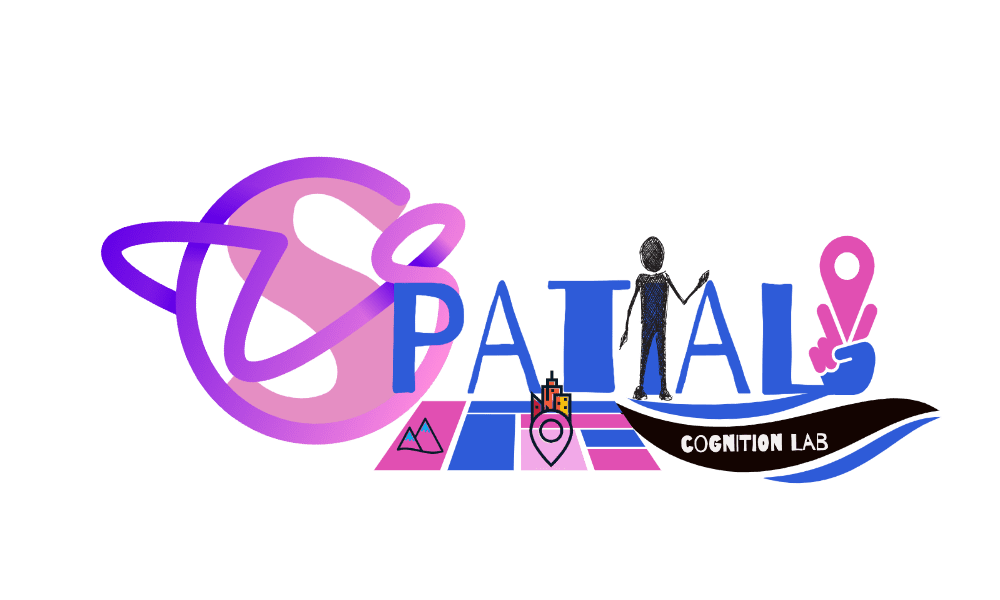Adolescence and Online Vulnerability: The Crucial Role of FoMO in the COVID-19 Pandemic Era
Introduction: A Landmark Study on Adolescent Online Safety
We are thrilled to announce the online publication of a groundbreaking article titled "Adolescence and online vulnerability: The role of fear of missing out (FoMO): A cross-sectional study during the third wave of the COVID-19 pandemic," featured in the esteemed journal PlosOne. This pivotal study, spearheaded by a dedicated team of expert researchers including Marco Giancola, Emanuela Mari, Massimiliano Palmiero, Jessica Burrai, Alessandro Quaglieri, Giulia Lausi, Pierluigi Cordellieri, Angelo Fraschetti, Anna Maria Giannini, and Laura Piccardi, offers critical insights into the escalating interplay between adolescence, social network use, and online vulnerability, with a particular emphasis on the impact of "Fear of Missing Out" (FoMO) amidst the third wave of the COVID-19 pandemic.
The Rise of Social Networks and New Challenges for Adolescents
The utilization of Social Networking Sites (SNSs) has dramatically surged in recent years, especially among adolescents. These digital platforms have profoundly reshaped the way adolescents interact with family, peers, and even strangers. While SNSs offer novel avenues for connection and socialization, they simultaneously expose users to specific vulnerabilities, such as victimization, which can have detrimental effects on mental health and overall psychophysical well-being.
FoMO and Online Vulnerability: A Deep Dive
This comprehensive study meticulously examined the complex relationship between age and online vulnerability, highlighting the mediating role of the "fear of missing out" (FoMO). Understanding how this pervasive emotion, often linked to intensive social media engagement, influences the safety and well-being of young individuals in the digital realm is now more critical than ever.
Methodology and Key Findings from the PlosOne Study
To conduct this research, a robust cross-sectional study was undertaken, engaging a significant sample of 360 adolescents. The findings were truly insightful: they conclusively indicated that FoMO mediates the association between age and online vulnerability. This strongly suggests that younger adolescents may be particularly susceptible to online vulnerabilities due to their heightened experience of FoMO.
Crucial Implications for Prevention and Digital Literacy Education
These compelling discoveries underscore the vital importance of addressing emotional and psychological factors in efforts to mitigate online vulnerability. The implications for internet literacy education and the development of proactive preventative strategies are thoroughly discussed within the article. It is clear that comprehensive programs are needed, extending beyond mere technical aspects of online safety to include essential emotional and psychological support.
Limitations and Future Research Directions
The study also transparently addresses its inherent limitations and outlines promising avenues for future research. The overarching goal is to continue exploring these intricate dynamics, thereby equipping parents, educators, and institutions with increasingly effective tools to safeguard adolescents in the ever-evolving digital landscape.
Conclusion: A Call to Action for Adolescent Online Safety
The article, "Adolescence and online vulnerability: The role of fear of missing out (FoMO): A cross-sectional study during the third wave of the COVID-19 pandemic" in PlosOne, represents a significant leap forward in understanding adolescent mental health and online safety. Thanks to the diligent work of researchers Marco Giancola, Emanuela Mari, Massimiliano Palmiero, Jessica Burrai, Alessandro Quaglieri, Giulia Lausi, Pierluigi Cordellieri, Angelo Fraschetti, Anna Maria Giannini, and Laura Piccardi, we now possess a more robust foundation upon which to develop targeted interventions and more effective policies.






